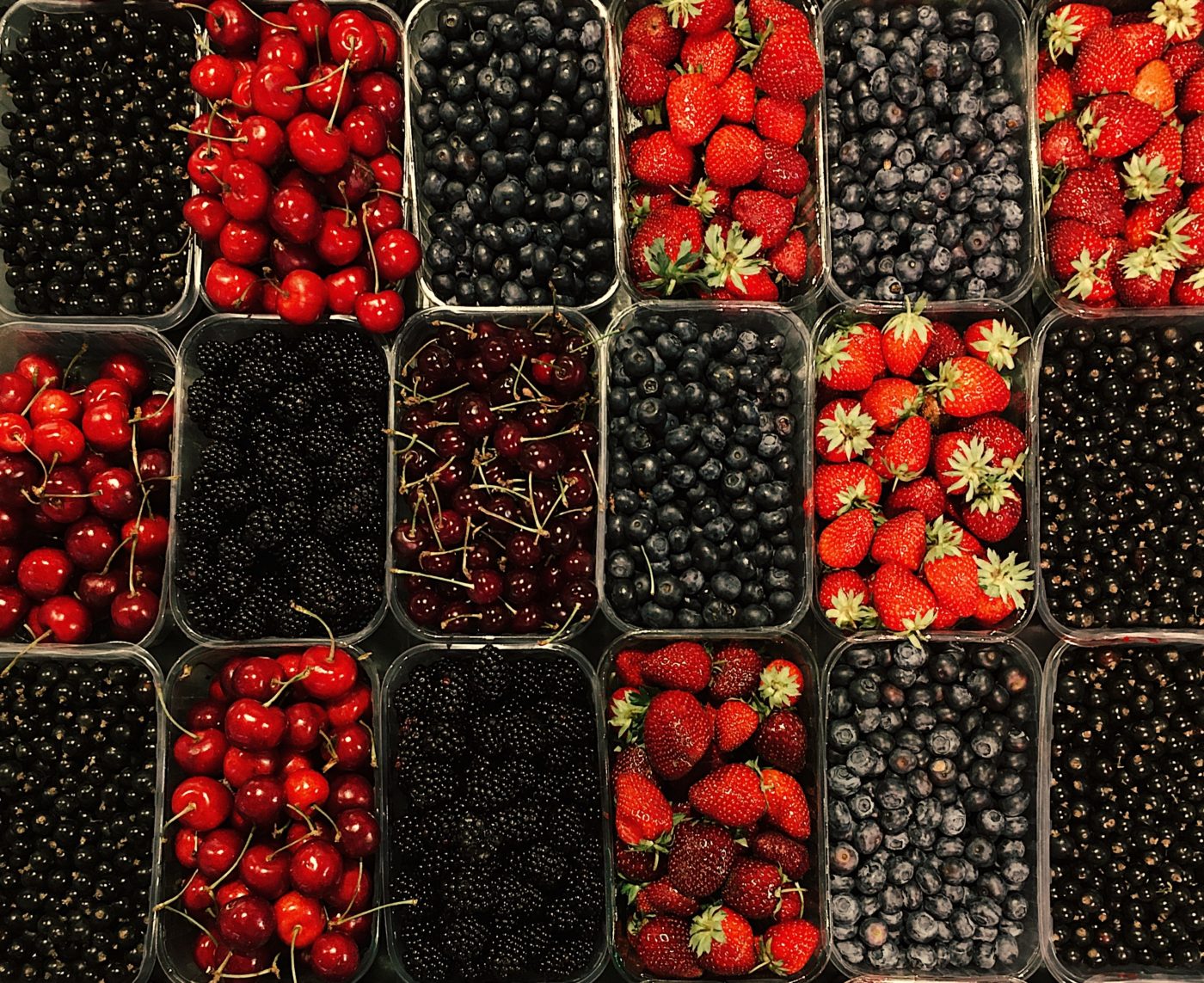
Fruitfulness in God’s Kingdom Takes This Uncomfortable Step
For a time, I worked as a berry farmer. I have some advice for you: If you are going to grow berries, do not start with blackberries. Growing them is extremely labor-intensive.
You have to set up a trellis system with two wires and place a berry plant every six feet, next to a pole. Every year, the plant puts out multiple “canes.” You have to prune off all but two of the canes and then train these two to climb the pole. As they grow, you tie them onto the pole while trimming any additional shoots that emerge. Then you train them along the wires, one cane to each wire. Again, you constantly trim any extraneous shoots.
Over the course of a season, a blackberry farmer might trim 90 percent of the growth so as to end up with only growth along the poles and wires. In the end, this work is rewarded with an abundant harvest along every pole and wire.
Without the support system, the plant would not be able to carry so much fruit. The berries are huge and juicy. All the berries are readily accessible and can be harvested quickly and easily.
We also have wild blackberries in our part of the country. The berries are much smaller. There are only a few blackberries per plant. To pick them, you have to fight your way through the thorns and brambles.
You can pick as many carefully cultivated blackberries in five minutes as you can pick wild blackberries in two hours.
But to get to that point, a significant commitment is involved—not only the brutal pruning process I have already described, but after the harvest you have to cut down all of the past season’s growth and start all over again. Achieving that sort of harvest requires a significant degree of discipline.
It is possible to follow Christ in a convenient, casual, and lazy fashion, sort of like growing wild blackberries. You may yield some fruit, but the result will never be comparable to that of a life wholly set apart for His purposes and pleasure.
Jesus uses a similar metaphor in John 15. He says,
“I am the true vine, and My Father is the vinedresser. Every branch in Me that does not bear fruit, He takes away; and every branch that bears fruit, He prunes it so that it may bear more fruit” (Jn. 15:1-2, NASB).
In Jesus’ story, we are not the farmer. We are the branches, or canes, that must be pruned to bear fruit. God the Father is the farmer who prunes for fruitfulness, and Jesus is the vine from whom all the branches grow and draw sustenance.
If our goal is fruitfulness in God’s Kingdom, we must be ready for pruning. We need to willingly submit to painful discipline from our loving Father, who “disciplines us for our good, so that we may share His holiness” (Heb. 12:10, NASB).
Sanctification (becoming holy in our daily lives) may involve changing our behavior, as in the passages that call us to “put off” our old ways and “put on” a new life (e.g., Eph. 4:20–32; Col. 3:8–17), but often it will require inner change. It may mean doing the same things, but doing them for God rather than for oneself.
If our goal is fruitfulness in God’s Kingdom, we must be ready for pruning.
(Excerpted from Curtis Sergeant, The Only One: Living Fully In, By, and For God. For more from Curtis, check out theonlyonebook.com.)









